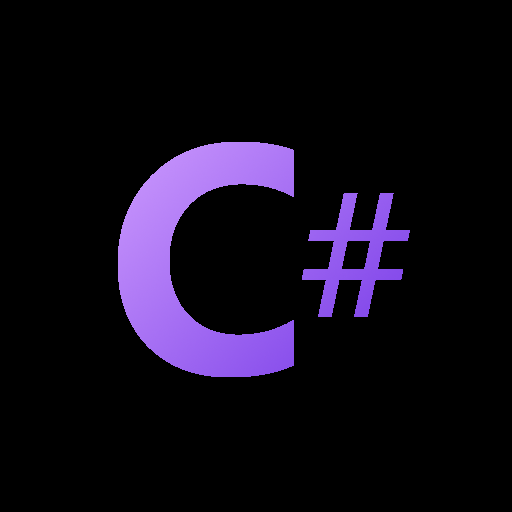

Sure, but whoever’s fault it was didn’t really matter to me at the time. I just remember being annoyed at everyone constantly praising linux and saying how easy it is nowadays while I’m just jumping from one issue into another, that experience made me delay moving my main PC to it since I also have an nvidia GPU there. Had to go through like 3 different ways of installing drivers, various weird containers or bottles or wine and lutris or proton just for it all to constantly freeze or crash my PC.
It was a Dell laptop, not sure about specs but it’s at least a few years old model, nothing too high end. The plan was to keep it as a small home server for hosting various stuff, services, media in the end, with varying success.







I’m not that familiar with newer c# code and only recently started with result pattern but tbh, I can’t tell what is this code supposed to do. Does opt resolve to true or false in this case? Why do you want TestStringFail to always execute, and what should it return? Why is opt.None true when it was initialized with a valid string value, what does None even mean in this context?